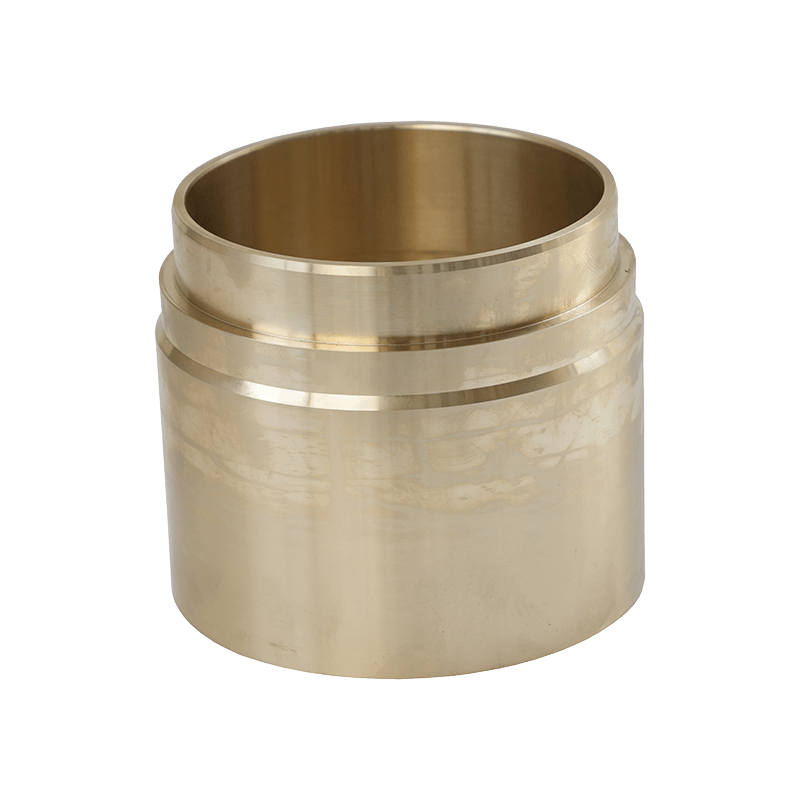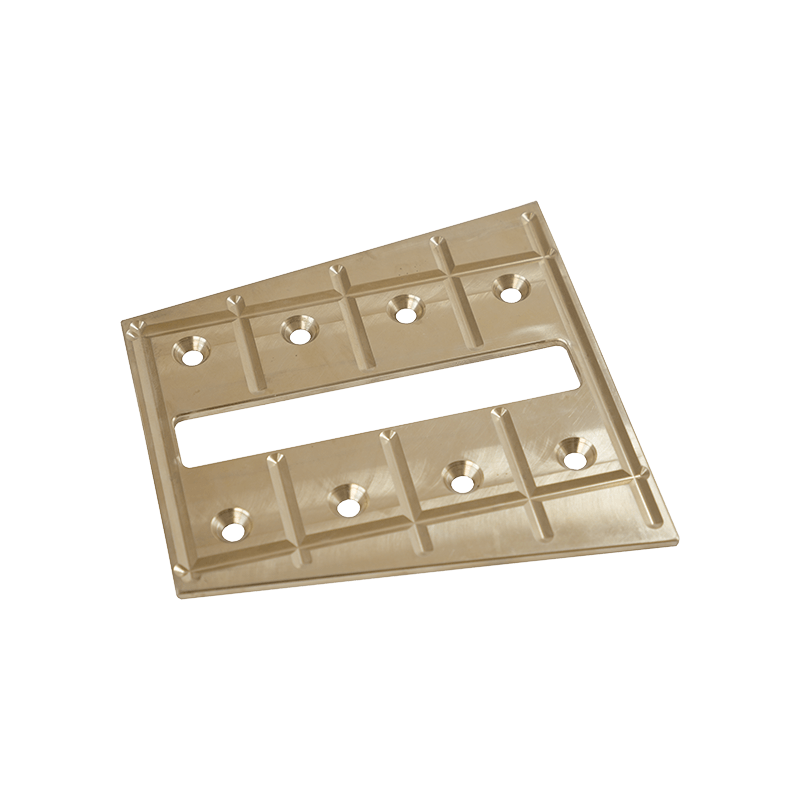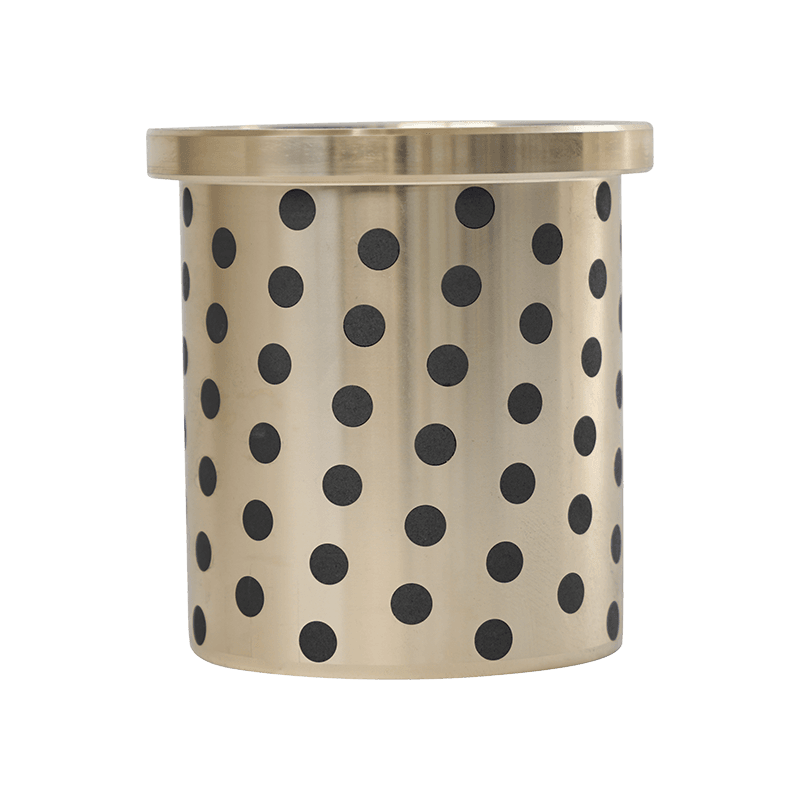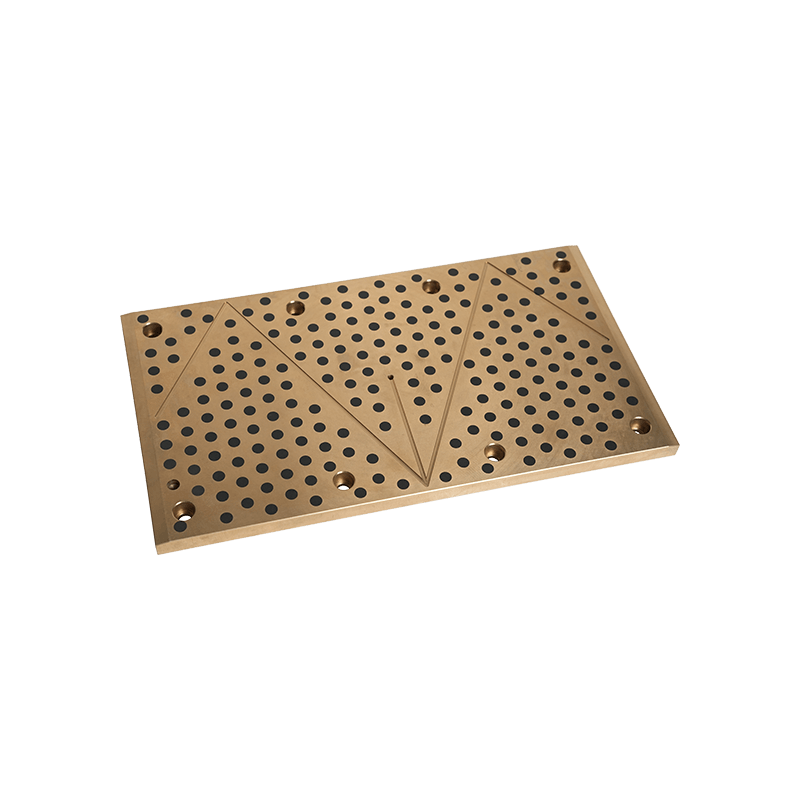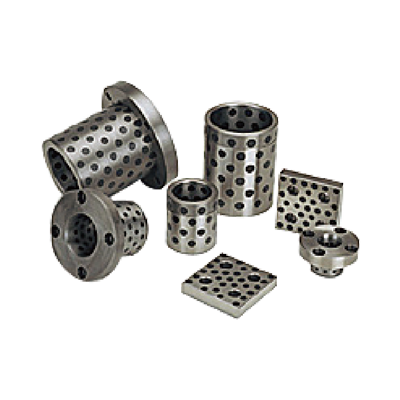In the chemical, marine, energy and other industrial fields, equipment and structures often face the challenges of extreme corrosive environments, such as strong acid, strong alkali, salt spray, high temperature and humidity, and seawater erosion. In order to cope with these harsh conditions, Steel Explosion Welding Composite Panel has become an ideal choice to replace single precious metal materials with its unique manufacturing process and material combination advantages. So, how do these composite panels achieve excellent corrosion resistance in complex environments?
1. Explosion welding technology lays the foundation for material bonding
Explosion welding is an advanced manufacturing technology that uses high-energy shock waves generated by controlled explosions to cause two metal materials to collide at high speed in a very short time and achieve metallurgical bonding. Its core advantages are:
No melting bonding: avoids the heat-affected zone problem caused by traditional welding;
High bonding strength: a strong metal bonding interface is formed between the base layer and the cladding;
Strong adaptability: a variety of dissimilar metal combinations can be achieved, such as stainless steel/carbon steel, titanium/steel, nickel alloy/steel, etc.
This high-strength bonding method not only ensures the stability of the overall structure of the material, but also provides a solid foundation for subsequent corrosion resistance.
2. The choice of coating material determines the upper limit of corrosion resistance
The corrosion resistance of explosively welded composite steel plates mainly depends on the choice of surface coating materials. Common coatings include:
1. Stainless steel (such as 304, 316, duplex stainless steel)
Widely used in chemical reactors and pipeline systems, with good resistance to acid, alkali and chloride ion corrosion, especially suitable for humid environments containing chloride ions.
2. Titanium and titanium alloys
Outstanding performance in marine engineering and seawater desalination equipment, with strong resistance to seawater corrosion and pitting, low density and high strength.
3. Nickel-based alloys (such as Inconel 625, Hastelloy C-276)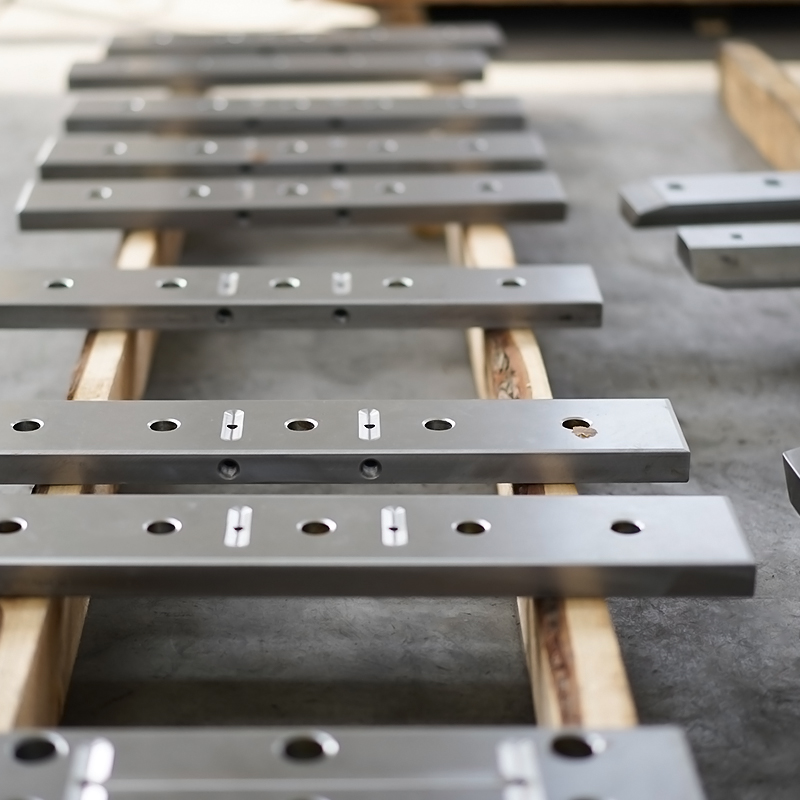
Suitable for extremely corrosive media, such as concentrated sulfuric acid, hydrofluoric acid, chloride solutions, etc., are the preferred materials for highly corrosive chemical equipment.
By reasonably selecting coating materials, explosively welded composite steel plates can achieve targeted protection in different corrosive environments and significantly improve service life.
3. Base materials ensure structural strength and cost control
Although the coating determines the corrosion resistance, the base still needs to bear the structural bearing function. Carbon steel or low alloy steel is usually used as the base material, which has the following advantages:
Excellent mechanical properties: Provide sufficient tensile, compressive and fatigue resistance;
Good processing performance: Easy to cut, bend, weld and other secondary processing;
Controllable cost: Compared with the full-cover material, the manufacturing cost is greatly reduced.
This design strategy of "external anti-corrosion and internal load-bearing" enables the explosion-welded composite steel plate to maintain high performance while also having good economy.
IV. Composite interface stability guarantees long-term service capability
In extreme corrosive environments, whether the bonding interface of the composite steel plate is stable directly affects its long-term performance. The bonding interface formed by explosive welding has the following characteristics:
Dense interface bonding: Almost no pores and inclusions, preventing the penetration of corrosive media;
Strong anti-peeling ability: Not easy to delaminate even under alternating loads or thermal stress;
Resistant to electrochemical corrosion: Due to the close bonding and uniform transition between the two metals, the risk of galvanic corrosion is reduced.
In addition, some high-end composite plates are also optimized by heat treatment to further eliminate residual stress and improve interface stability.
The reason why explosively welded composite steel plates can achieve excellent corrosion resistance in extreme corrosive environments is due to their advanced manufacturing process, reasonable material combination and stable composite interface structure. It not only inherits the corrosion resistance advantages of precious metals, but also retains the structural strength and processing convenience of ordinary steel. It is an important solution for modern industry to fight against harsh environments.
With the continuous development of new materials and new processes, explosively welded composite steel plates will demonstrate their unique value in more high-demand fields and provide strong support for the safe operation and sustainable development of equipment.

 English
English Deutsch
Deutsch Español
Español русский
русский

 +0086-513-88690066
+0086-513-88690066